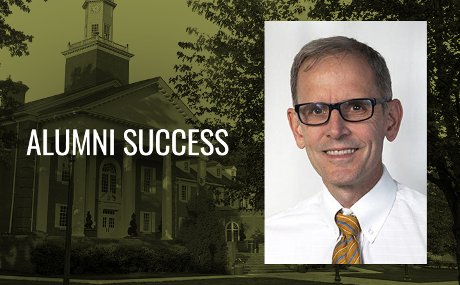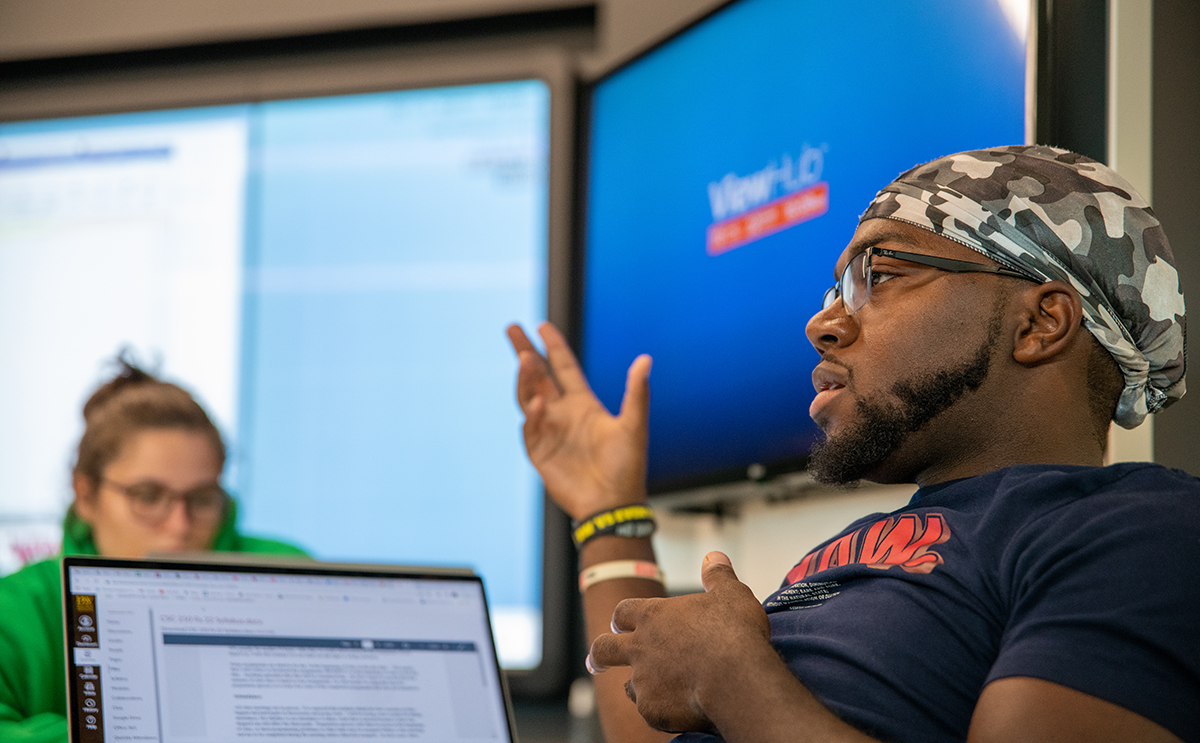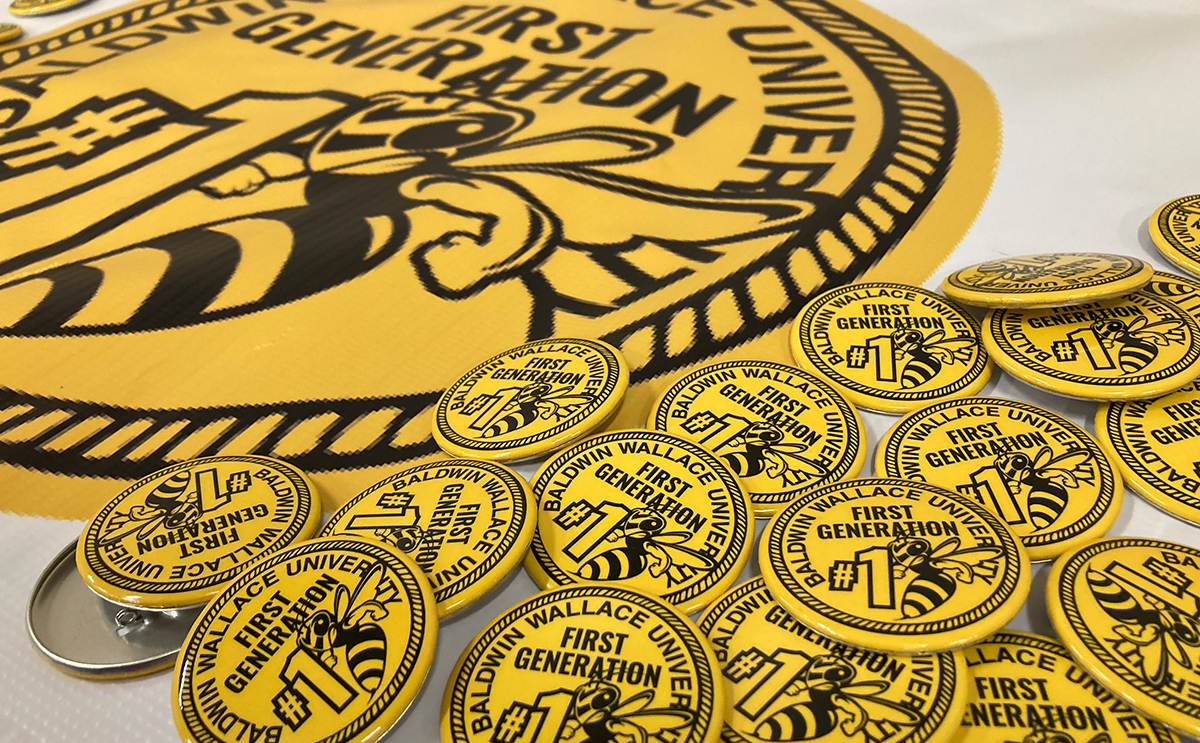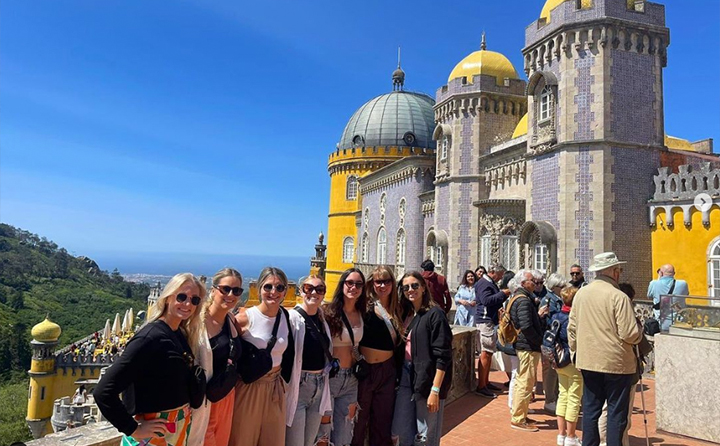Alumnus leaves lasting impact in field of refugee work
 A
chance
encounter
on
his
dorm
floor
at
BW
lit
the
spark
that
would
eventually
lead
Larry
Yungk
'79
to
a
career
in
refugee
work
spanning
over
three
decades.
Yungk,
who
earned
a
degree
in
history
and
political
science,
retired
last
November
from
a
fulfilling
career
of
outreach
and
dedication
to
improving
the
lives
of
refugees.
A
chance
encounter
on
his
dorm
floor
at
BW
lit
the
spark
that
would
eventually
lead
Larry
Yungk
'79
to
a
career
in
refugee
work
spanning
over
three
decades.
Yungk,
who
earned
a
degree
in
history
and
political
science,
retired
last
November
from
a
fulfilling
career
of
outreach
and
dedication
to
improving
the
lives
of
refugees.
BW inspirations
In recognition of his extensive refugee career, Yungk was a Benefit4Change honoree in 2017 through Church World Service (CWS). In a conversation with CWS, Yungk noted that he was first inspired to go into refugee work after an experience he had while a student at BW.
"On my dorm floor was a Vietnamese refugee named Hung," Yungk explained. "We became best friends in college, and I saw first-hand what he had lived through as a refugee."
Improving lives
Early in his career, Yungk worked with the International Rescue Committee (IRC). He started out as a volunteer provided with food, transportation and housing as a manager at a house for arriving refugees. "From the beginning, I enjoyed the work," Yungk told CWS of his experience with the IRC. "I think helping refugees is something that not only makes refugees' lives better, it makes all of our lives better."
Working with the United Nations
Yungk worked for the office of the United Nations High Commissioner for Refugees (UNHCR) from 1987 until his retirement this past November. Yungk was involved in drafting UNHCR's first resettlement handbook in 1996, which was created to provide guidance on resettlement policies and management. A modern version of this handbook continues to be of service guiding members of the UNHCR today.
As a part of UNHCR, Yungk was also involved in the resettlement planning for populations of refugees from various nations. Most recently before his retirement, he helped plan for the resettlement of refugees in Central America and also led resettlement activities for parts of the Caribbean and South America.
Everyone can play a part
"Each of us can reach out a hand to immigrants and refugees in our own communities," Yungk told CWS when asked what ordinary people could do to help refugees. "That can be as simple as spending time talking with an immigrant or refugee, saying hello and letting people know they are welcome, to becoming involved in more formal activities - like helping persons learn English, find jobs, or volunteering with an organization that supports immigrants and refugees."



